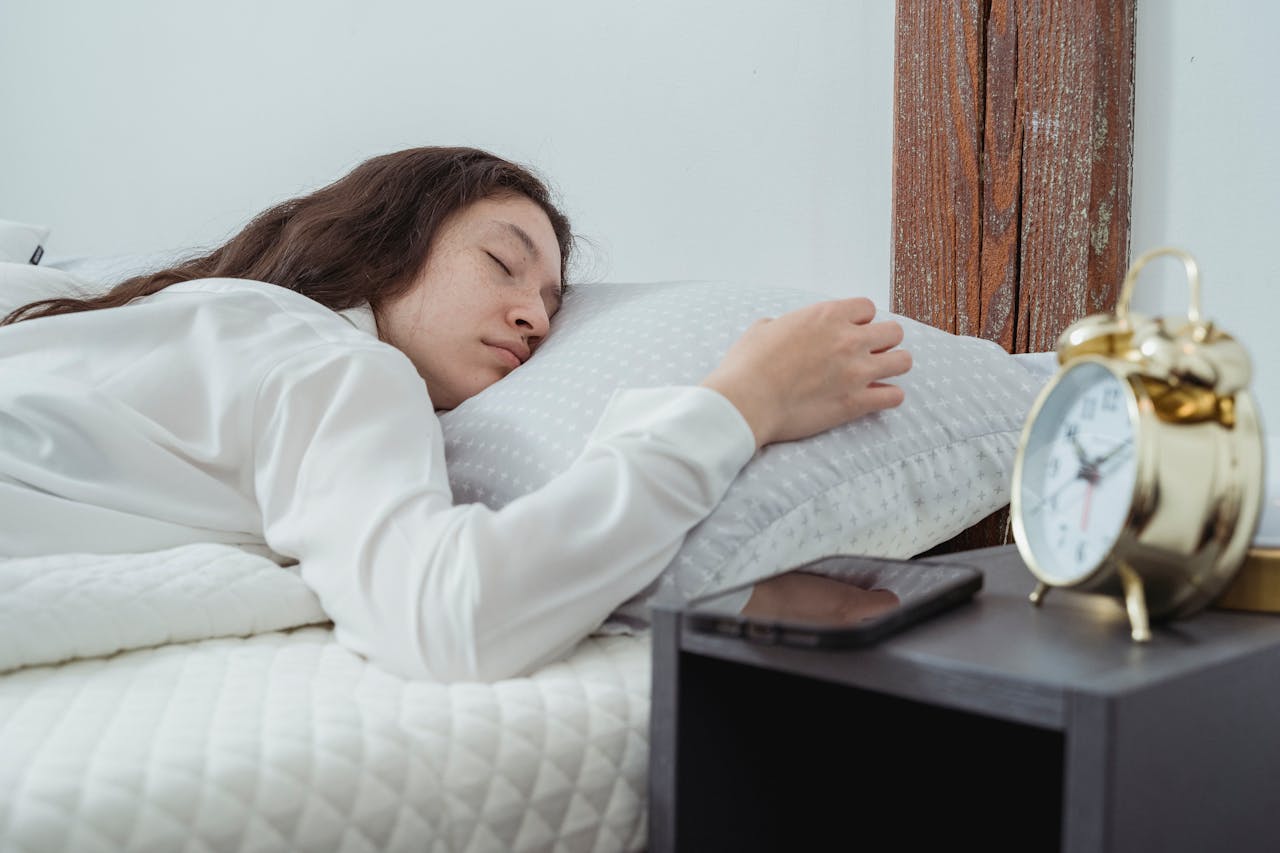Physical Wellness
Food For People Who Lack Sleep

(Photo : Miriam Alonso / Pexels)
For those struggling with sleep deprivation, certain foods can help alleviate fatigue and improve energy levels.
Food and Lack of Sleep
Maintaining a healthy diet is crucial for managing the effects of insufficient sleep. Consuming the right foods can not only boost energy levels but also support overall health, including immune function, heart health, and skin vitality. Sleep-deprived people should focus on hydration and nutrient-rich foods to combat tiredness and maintain alertness throughout the day.
Recommended Food for People Who Lack Sleep
Water
Staying hydrated is essential when sleep is lacking. Dehydration can lead to overeating, irritability, and headaches. Drinking plenty of water helps maintain energy levels and supports brain, skin, and heart health. Carrying a water bottle can encourage regular sipping throughout the day.
Coffee and Tea
Moderate caffeine intake from coffee or tea can improve focus and mood, making it easier to cope with sleep deprivation. Caffeine enhances vigilant attention, which is crucial for tasks requiring sustained focus. Additionally, the antioxidants in coffee and tea provide various health benefits, including improved heart and brain health.
Nuts and Seeds
Nuts and seeds offer sustained energy due to their healthy fats, protein, and fiber content. Walnuts, chia seeds, and flaxseeds are rich in omega-3 fatty acids, which may help regulate sleep patterns. Including these in snacks can help maintain steady energy levels.
Fiber-Rich Foods
Foods high in fiber, such as fruits, vegetables, whole grains, and legumes, help stabilize blood sugar and prevent energy crashes. Adequate fiber intake also supports better sleep quality, making it easier to recover from a poor night's sleep.
Eggs
Eggs provide protein that stabilizes blood sugar, preventing spikes and crashes. They are also rich in vitamin B12, which supports energy metabolism. Pairing eggs with whole grains and fruit can provide a balanced meal that sustains energy.
Calcium-Rich Foods
Dairy, soybeans, sardines, and leafy greens are high in calcium and protein, both of which are essential for energy production. Calcium-rich foods also contain tryptophan, a precursor to sleep-regulating chemicals like serotonin and melatonin.
Coenzyme Q10-Rich Foods
Foods such as red meat, clams, fatty fish, soybeans, and broccoli contain coenzyme Q10, which reduces fatigue. Including these in the diet can help manage energy levels on sleep-deprived days. Fatty fish also offer omega-3 fatty acids that promote restful sleep.
By incorporating these foods into their diet, people who lack sleep can better manage their energy levels and overall health.









Join the Conversation